Introduction to Elderberry Fruits
Elderberry fruits have been cherished for centuries due to their numerous health benefits and unique flavor profile. Known scientifically as Sambucus nigra, elderberries are small, dark purple fruits that grow in clusters on elder trees. They are commonly used in traditional medicine and culinary applications.
Nutritional Value and Health Benefits
Elderberry fruits are rich in vitamins, minerals, and antioxidants. They are particularly high in vitamin C, dietary fiber, and phenolic acids. These nutrients play a crucial role in boosting the immune system, reducing inflammation, and supporting heart health. The antioxidants in elderberries help combat oxidative stress, which can contribute to chronic diseases.
Culinary Applications
In addition to their health benefits, elderberry fruits have a versatile culinary appeal. They can be used to make a variety of products, including jams, syrups, wines, and teas. Elderberry syrup, in particular, is a popular remedy for colds and flu. When preparing elderberries, it is essential to cook them thoroughly, as raw elderberries can be toxic.
Conclusion
In conclusion, elderberry fruits are a valuable addition to both your diet and wellness routine. Their rich nutritional profile and potential health benefits make them an excellent choice for those looking to enhance their overall well-being. Whether used in traditional remedies or modern culinary creations, elderberries continue to be a cherished fruit with a wide range of applications.



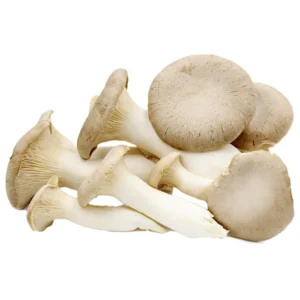
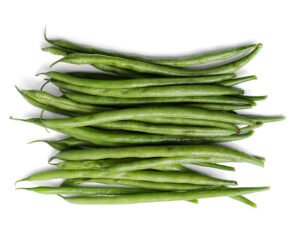
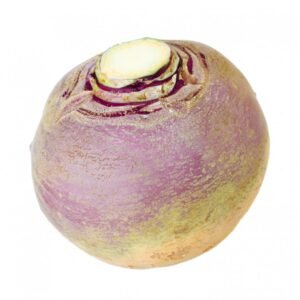
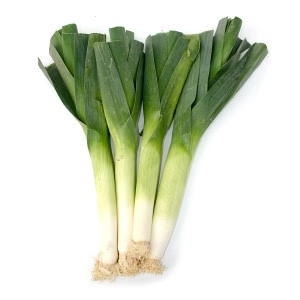
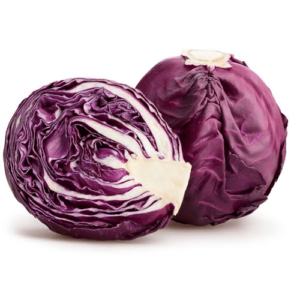
Reviews
There are no reviews yet.